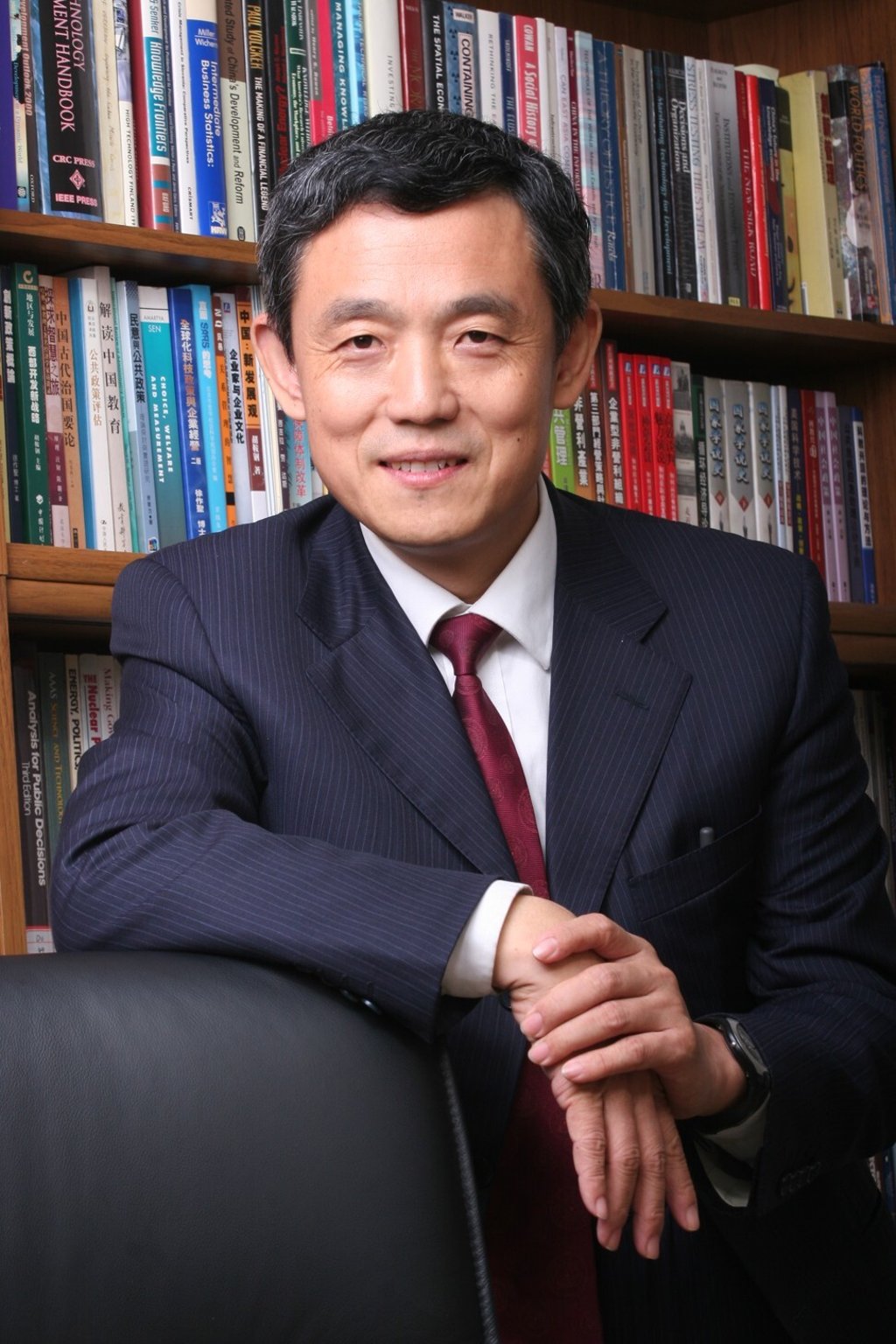Data privacy concerns weigh heavily on China’s AI leadership ambitions amid US trade sanctions
- China’s widely held advantage in AI is the huge amount of data generated by its more than 900 million internet users, the world’s biggest online population
- The country’s top lawmaking body has started reviewing a draft data security legislation that aims to protect individual privacy, while also promoting the relevant use of data

China must strike a delicate balancing act to advance artificial intelligence development, while ensuring the technology’s ethical application, according to industry officials, following recent US sanctions against local AI enterprises over data privacy and human rights violations.
“Data governance is a major challenge we are facing in this era, not only in the field of artificial intelligence but also in platforms with more extensive information applications,” said Xue Lan, who serves as director of the National New Generation Artificial Intelligence Governance Committee, at a forum during the World Artificial Intelligence Conference (WAIC) in Shanghai on Friday.
Xue, also the current dean of Schwarzman College at Tsinghua University in Beijing, said that “regulations on the ownership and use of data are still to be improved”.
His call for improved regulation comes more than a year after the AI committee he represents was established by the Ministry of Science and Technology to provide policy recommendations for AI governance and identify areas for international cooperation.
